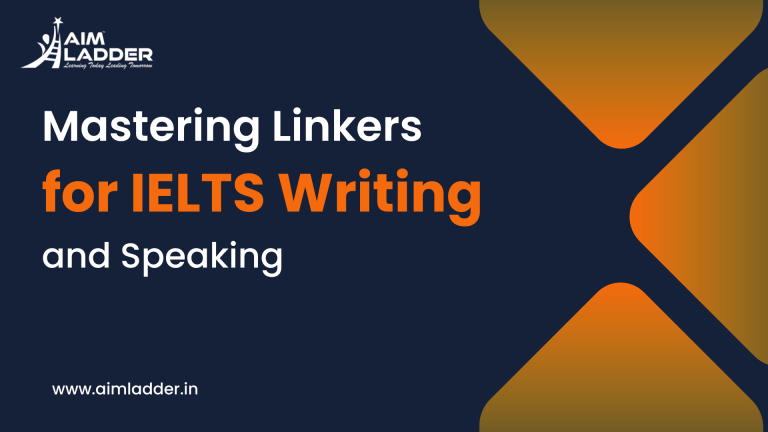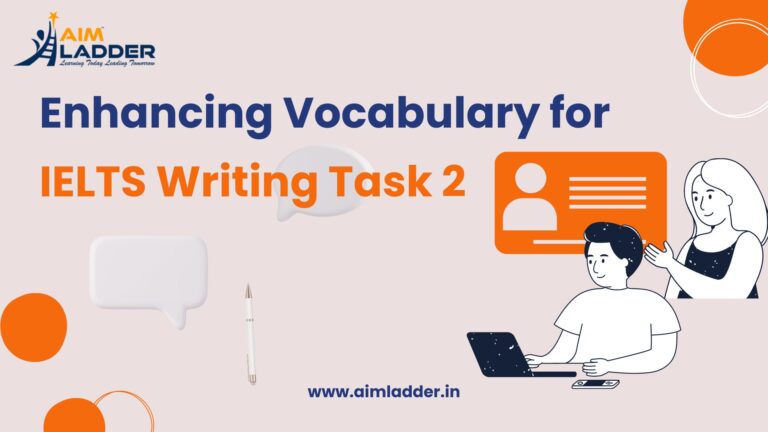- Services
-
-
Test Preparation
-
Study Abroad Services
Visitor, Tourist & Dependent Visas
-
-
-
- Study Destinations
-
-
Top Study Destinations
-
-
-
-
- About Us
- Contact Us
- Blog
Boost Your IELTS Speaking Scores with Proven Strategies
Are you struggling to boost your IELTS speaking scores? Look no further! In this comprehensive article, we delve into the world of IELTS speaking, exploring its importance and unraveling the test format. Discover the key strategies that will help you ace the speaking module with confidence and proficiency.

Among the four components of IELTS, speaking could be challenging for some test-takers. However, with the help of proper preparation and dedication, you can conquer this segment and pave your way to success. Here in this article, we’ll look at the importance of IELTS speaking, understand its test format and find the key strategies to ace it successfully.
What Makes IELTS Speaking So Important?
The speaking module of IELTS evaluates one’s ability to communicate effectively in English with an examiner. It is assessed on the basis of fluency, pronunciation, vocabulary, grammar, and coherent expression of facts. Scoring high in the IELTS speaking module is crucial for various purposes including admission, immigration and employment opportunities.
Understanding the IELTS Speaking Test Format
Let’s dive into the three parts of IELTS speaking and learn how each of them serves a distinct purpose.
- PART 1: The first part is the introduction where the examiner initiates a conversation by asking general questions about work, studies, hobbies etc. followed by questions on a common topic such as hometown, accommodation, music, shopping etc. The aim of this is to assess your ability to provide straightforward answers, express opinions and engage in day-to-date conversations.
- PART 2: The second part is called ‘cue card’ round, here the candidate is given a cue card with a topic and some prompts for help. They’re given one minute to prepare before they start speaking for two minutes on the given topic. On the basis of the performance, the examiner evaluates one’s ability to organise their thoughts, deliver a coherent speech and maintain a fluent flow of the language.
- PART 3: Lastly, the follow-up part. This section has a deeper discussion on the topic from the cue card part. The examiner asks related questions and allows candidates to express their opinions. This part examines one’s ability to engage in a complex conversation and ability to support their ideas with appropriate language.
Strategies To Ace IELTS Speaking
Even though the IELTS speaking format seems pretty simple but it could be difficult to get a higher score without the right strategies, let’s dive into what one can do in order to ace their desired score in IELTS speaking:
- Expand your vocabulary: Practicing new words in different contexts and reading extensively will help you increase your vocabulary. The more vocabulary you possess, the more effective your communication will be.
- Practice regularly: In order to build confidence and improve fluency, regular practice is essential. Get feedback on your performance by conversing with native English speakers or your peers who can judge or speak to an IELTS trainer to get proper guidance.
- Focus on pronunciation: Pay attention to how you pronounce, stress, and intonate. It is important to speak clearly and naturally so that your words can be easily understood. For self-evaluation, recording and listening to yourself can be helpful.
- Develop cohesive responses: Work on organizing your ideas coherently. Link your thoughts and make your responses logical by using linking words and phrases. Structure your answers in such a way that makes it clear to identify the introduction, body and conclusion.
- Use a variety of sentence structures: Structure your answer with a mix of simple, compound and complex sentences. Use different conditionals, tenses and modifiers to demonstrate your language proficiency.
- Stay calm and confident: Being overly nervous and hesitant can sometimes hinder you from giving your best performance. Therefore, practice relaxation techniques such as deep breathing before the test. Be confident and feel comfortable while answering the questions.
- Expand your knowledge: In the discussion section, you will be able to give insightful responses if you have a broad knowledge base. To achieve that, one could read newspapers, magazines and online articles to stay updated on social issues, trending topics and current affairs.
- Listen regularly: Make sure that you are regularly listening to English podcasts, watching English movies, communicating with people who’re fluent in the language and trying to have an engaging English-speaking environment around you.
- Give speaking mock tests: Getting feedback from a professional and practising in the actual setting is crucial to score your best. For this, give a few speaking tests and get feedback from a certified IELTS trainer.
Conclusion
In the end, acing a high score in the IELTS speaking module is not very difficult when one is consistent with practice. Dedicate your time and mind to the test, work smart and make your dreams come true. Always remember that consistency is what transforms an average into excellent.





